Choose RapidDirect for comprehensive online sheet metal fabrication services. With over 40 sets of advanced machines—including laser cutters, bending machines, and welders—our China-based network handles everything from low-volume prototypes to high-volume production. Our domestic sheet metal fabricators and a team of knowledgeable engineers ensure that each sheet metal component is manufactured to exact specifications and quality standards.

Laser cutting is precise and efficient, ideal for complex, high-quality designs with minimal waste. It quickly cuts various metals, delivering clean, burr-free edges.
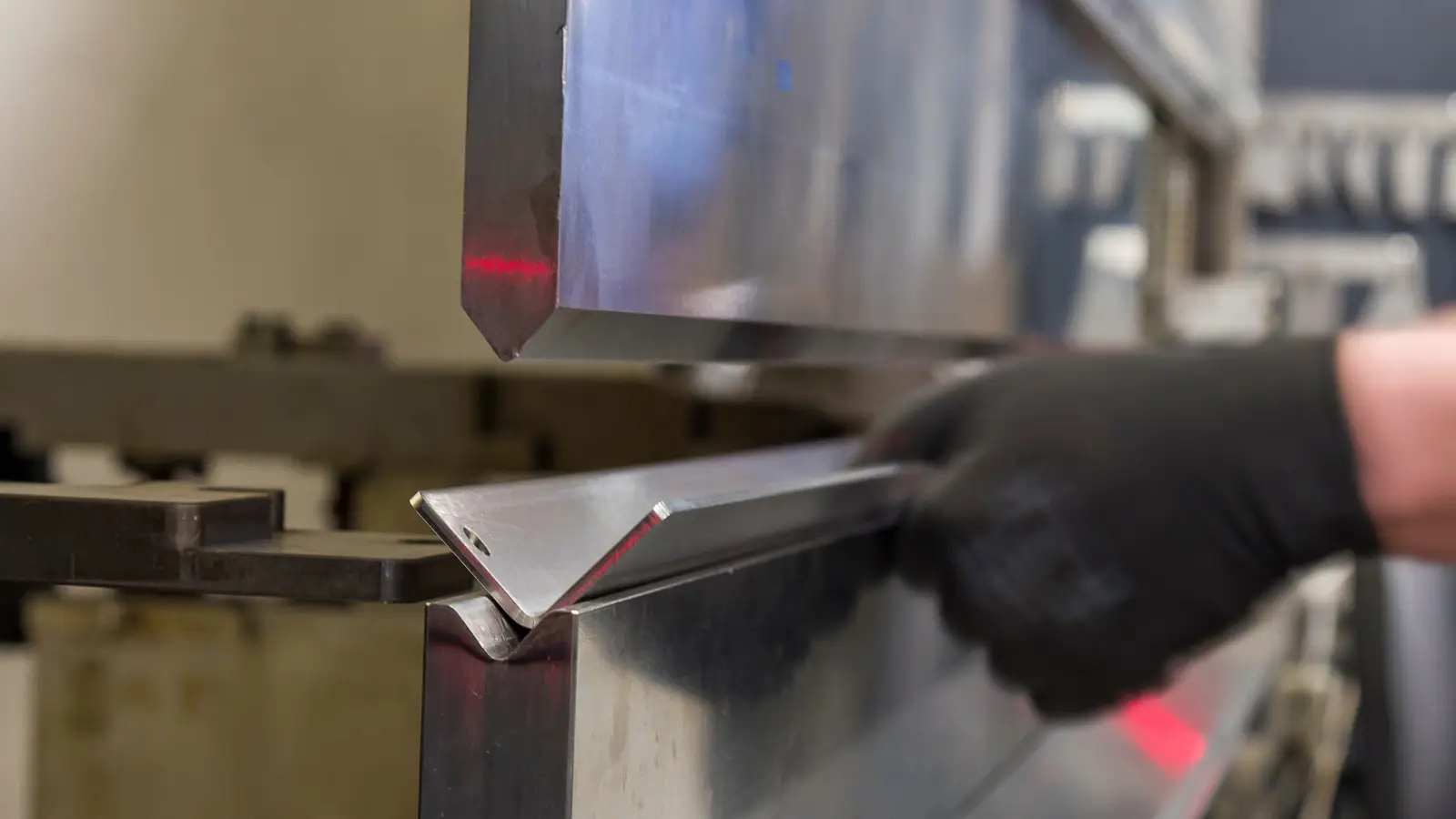
Bending shapes sheet metal along straight lines using press brakes for accurate angles and consistent dimensions, essential for aesthetics and functionality.
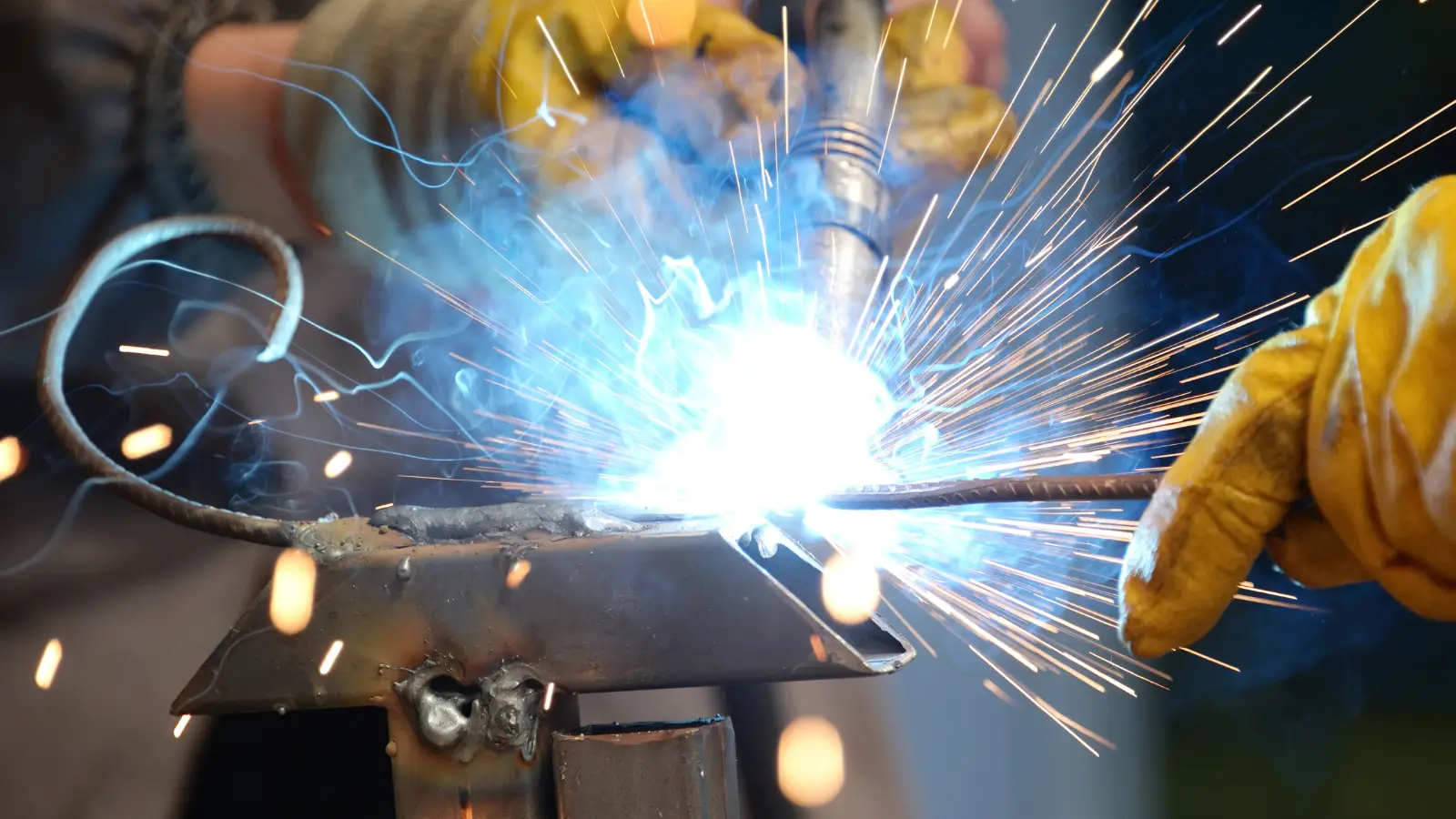
Welding is a fundamental metal fabrication process used to join metal pieces securely. It involves melting the base metal and a filler material to form a strong joint.
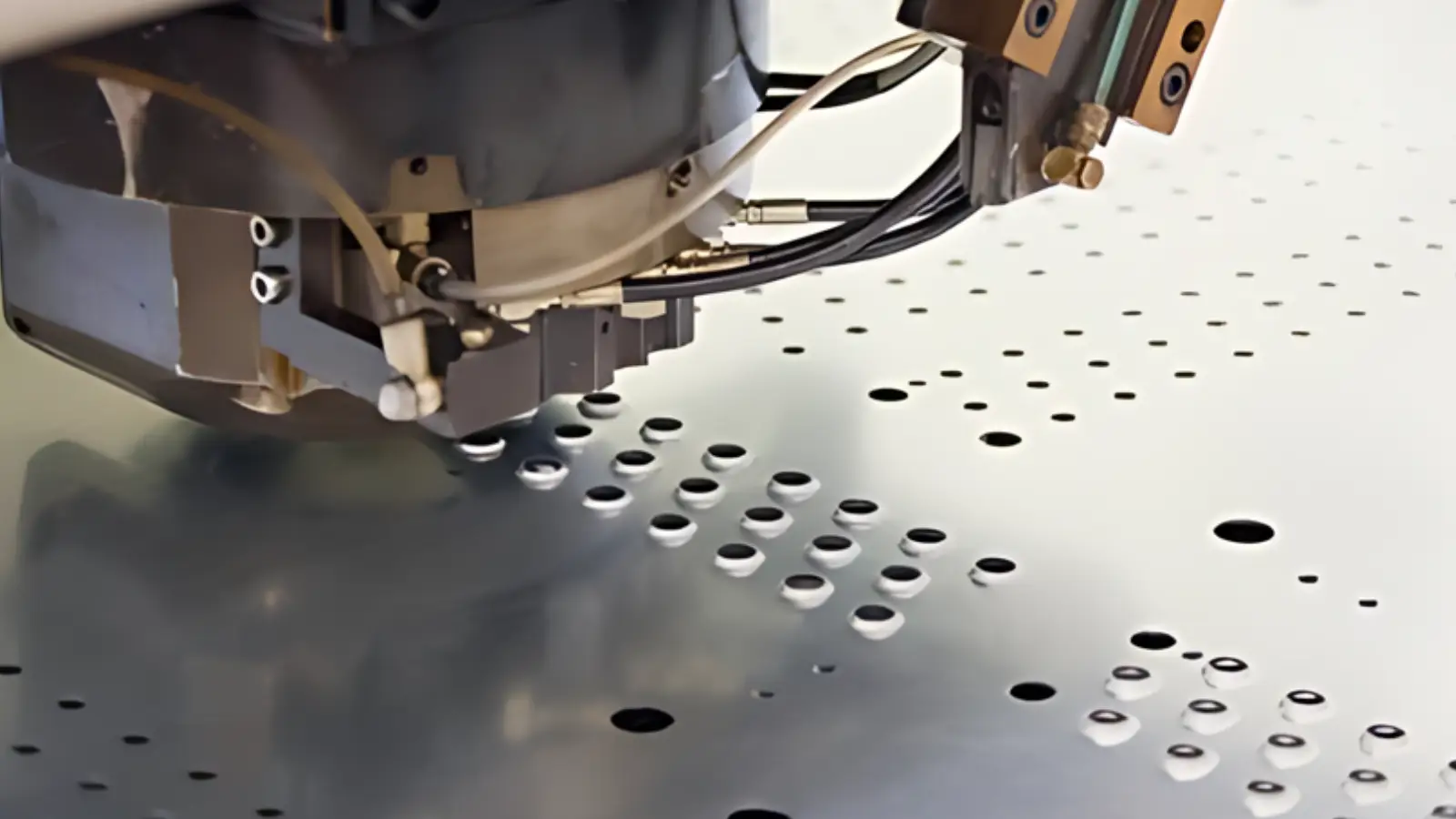
Punching is a cost-effective method for creating holes and intricate patterns in sheet metal. This process, ideal for high-volume production, ensures uniform precision.

Riveting is a reliable fastening technique that joins metal parts without welding. It involves inserting and deforming rivets to assemble complex structures where welding is impractical.

Stamping presses metal into dies to shape specific forms efficiently. It mass-produces uniform parts and is widely used in automotive industries for complex geometries.
RapidDirect’s expansive network of sheet metal machine shops across China ensures we have the capacity to handle projects of any size, from intricate prototypes to comprehensive assemblies. We start by meticulously converting your CAD designs into precise machine code. Our skilled fabricators then take over, expertly cutting, bending, and shaping the metal to meet your exact specifications. This process leverages advanced fabrication techniques such as welding, riveting, and fastening, all while adhering to rigorous quality standards.
Our facilities are equipped to offer a wide range of finishing options, allowing each piece to achieve not just functional precision but also aesthetic excellence. Whether your need is for a single, custom piece or a large-scale production run, our network is designed to deliver top-quality products efficiently and reliably, ensuring that every project aligns perfectly with your requirements.

Lightweight and corrosion-resistant, aluminum is ideal for applications requiring high strength-to-weight ratios. It’s easily machinable and excellent for aerospace and automotive parts.
Aluminum 5052
Aluminum 5083
Aluminum 6061 (It can be cut with laser cutter but not bender.)
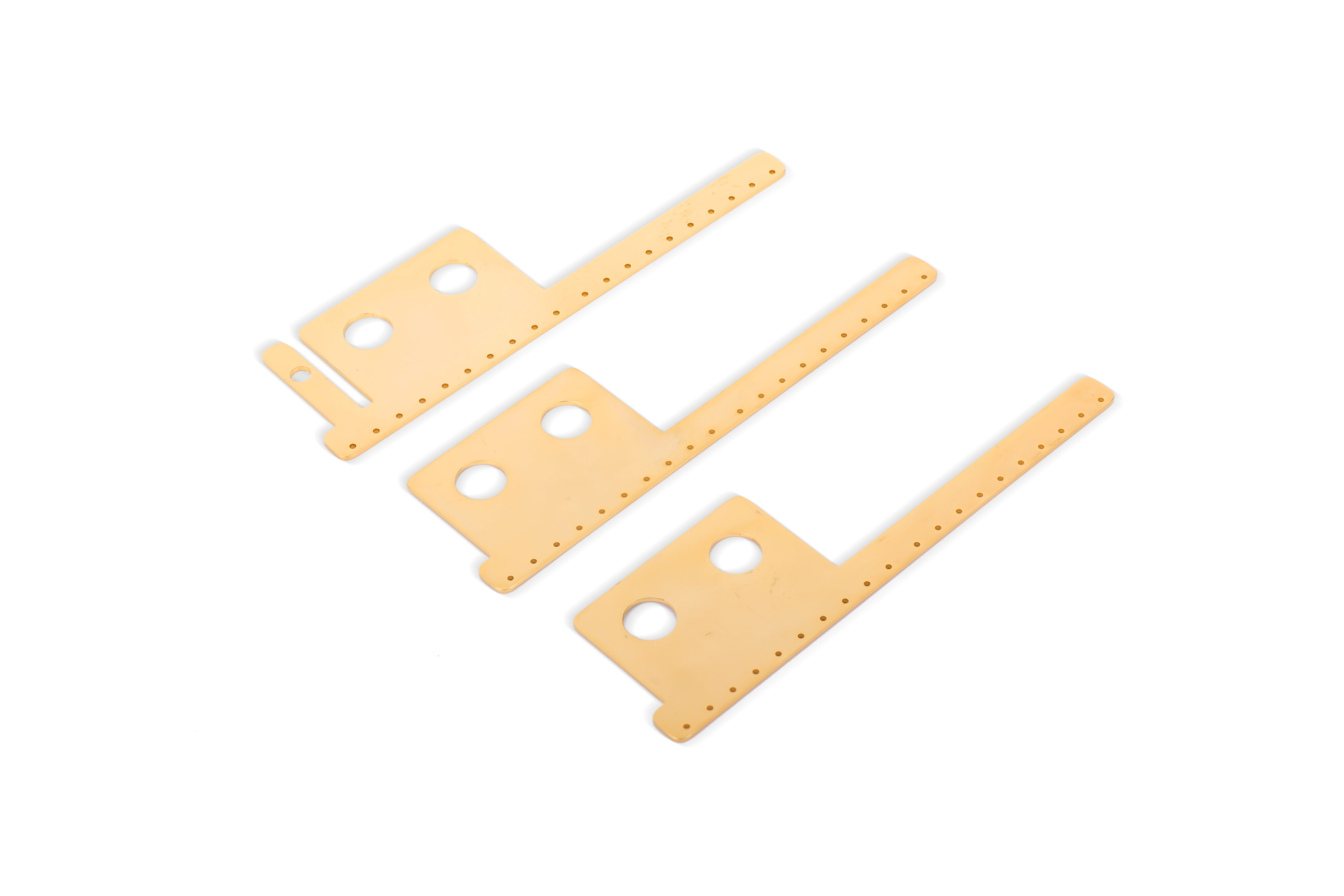
Known for its acoustic properties, brass is highly malleable and exhibits a gold-like appearance. It is often used in decorative applications, gears, and valves.
Brass C27400
Brass C28000
Brass C36000
Note: Sheet metal process can not process more than 5MM thickness of brass.
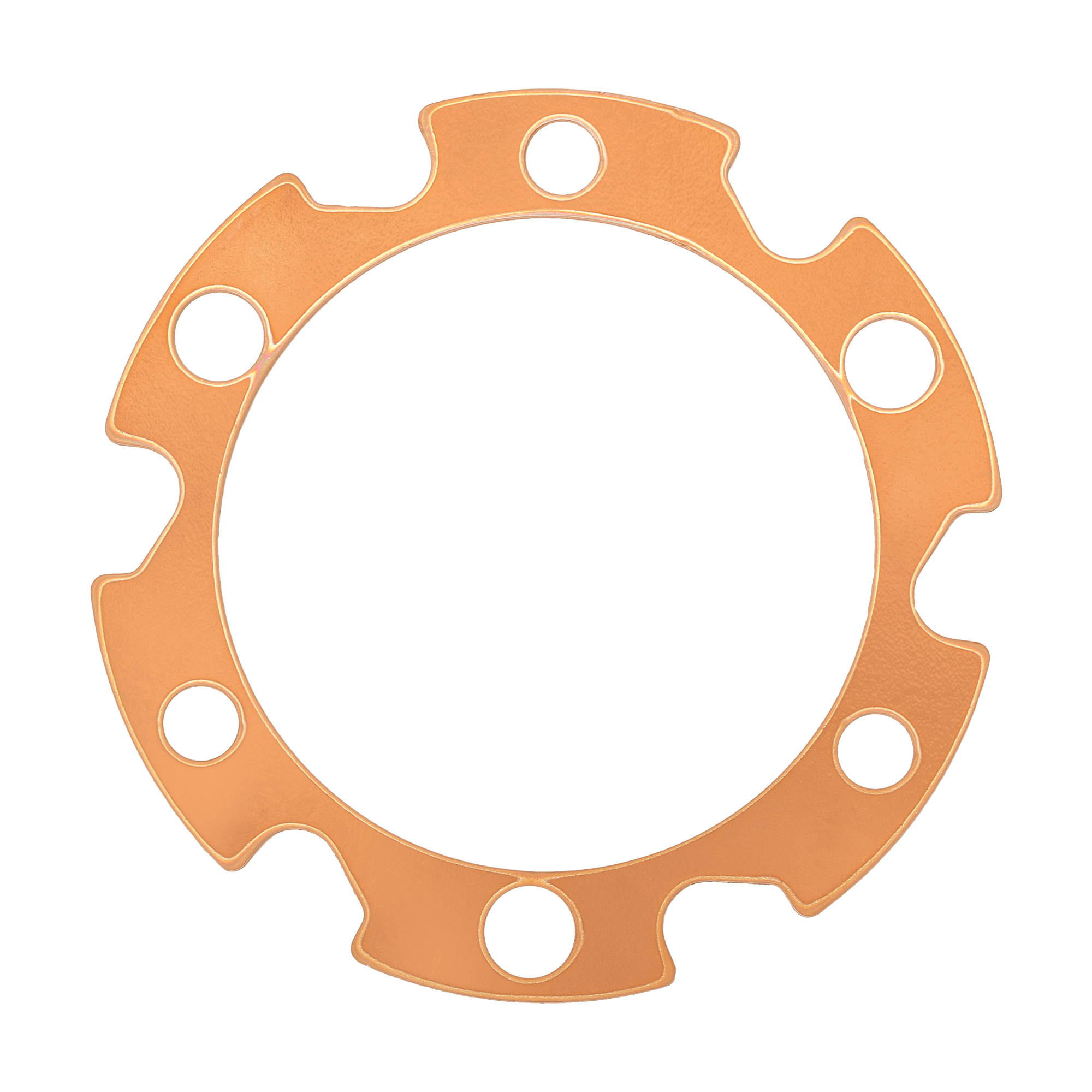
Copper C101(T2)
Copper C103(T1)
Copper C103(TU2)
Copper C110(TU0)
Note: Sheet metal process can not process more than 5MM thickness of copper.

SPCC
Galvanized Steel (SGCC / SECC)
Q235
Steel 1020
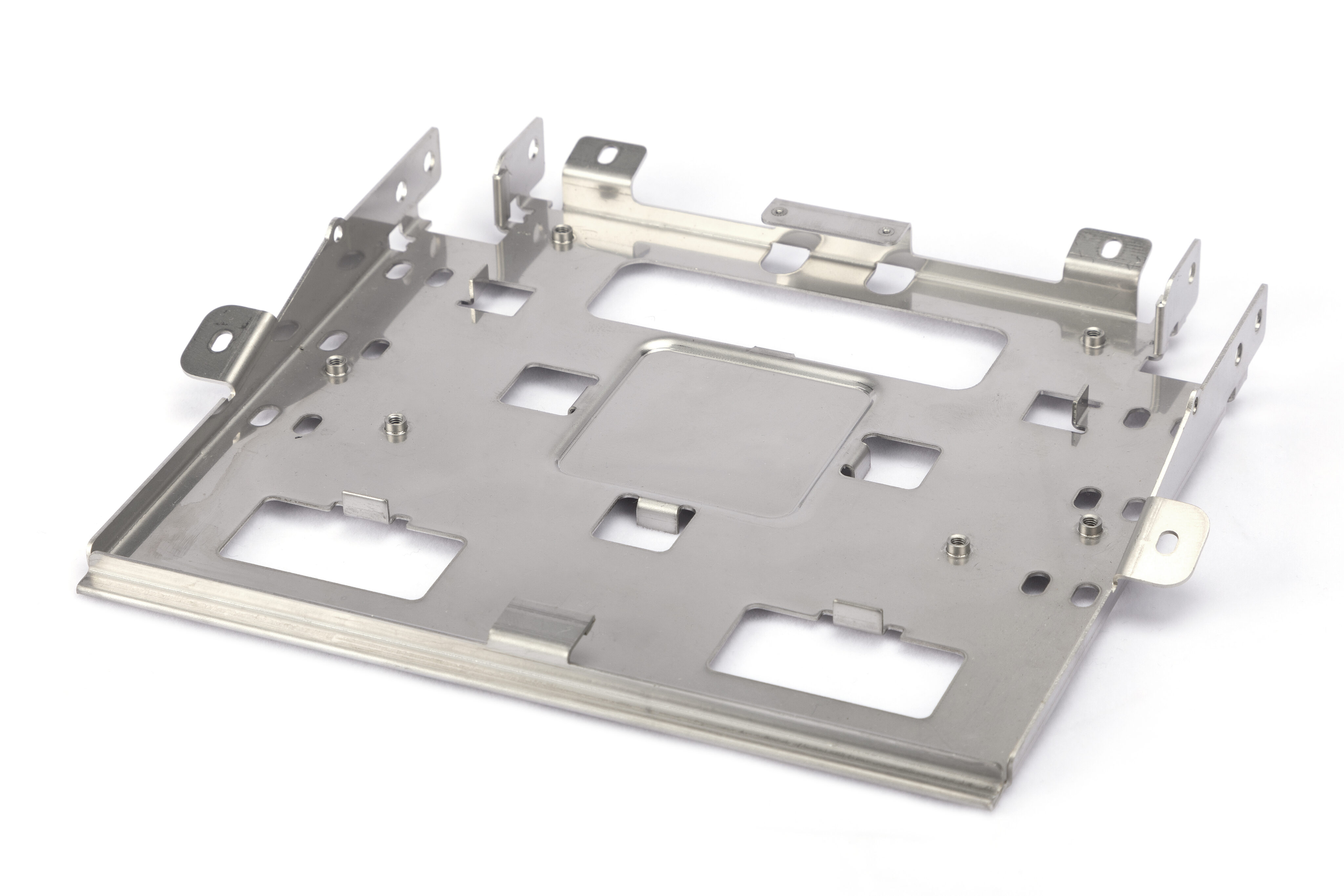
Stainless Steel SUS 304
Enhance the durability and aesthetic of your custom metal parts with our variety of surface finishing options. For finishes not listed on our quote page, simply select “Other” and specify your requirements for a customized solution.
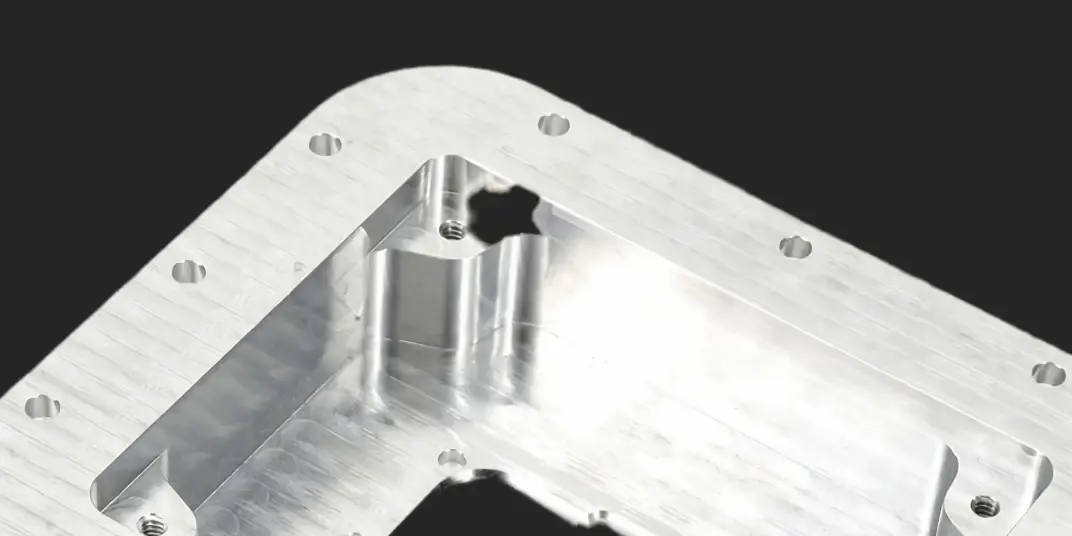
As machined finish leaves the surface straight from the CNC machine, providing a cost-effective option with tool marks.

Anodizing increases corrosion resistance and wear properties, while allowing for color dyeing, ideal for aluminum parts.
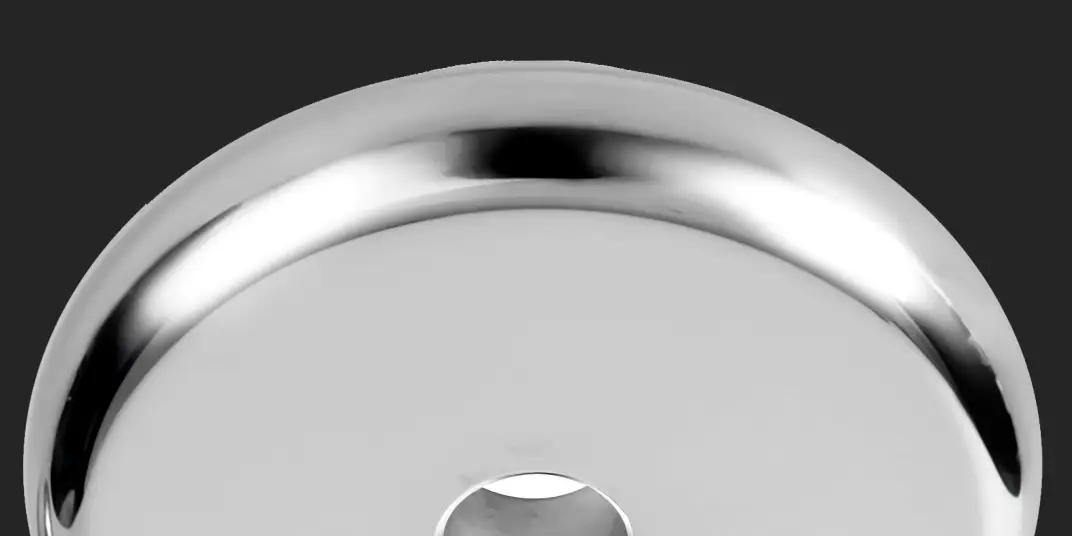
Polishing achieves a high gloss finish, reducing surface roughness and enhancing the aesthetic appeal of metals.
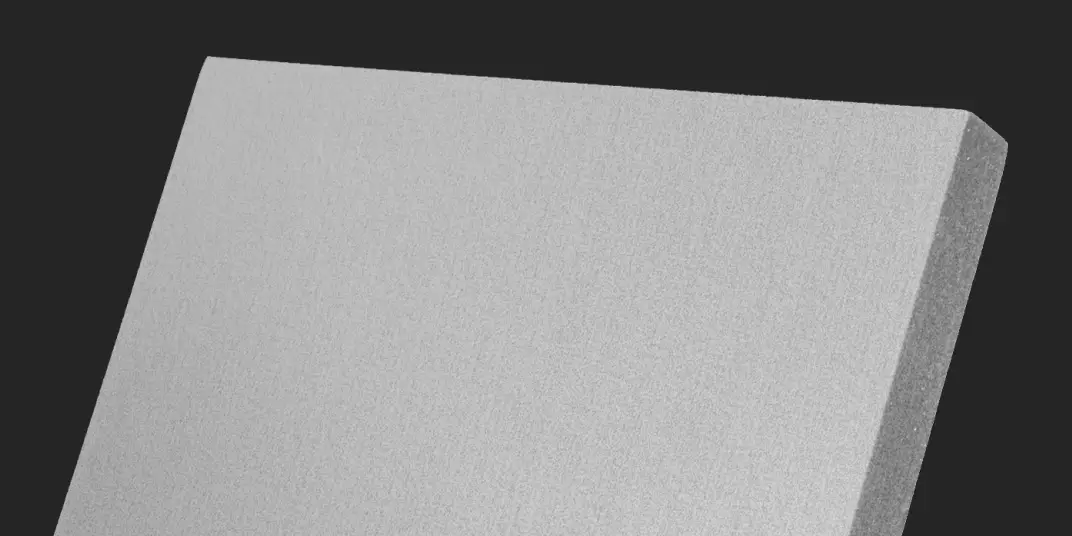
Sand blasting uses pressurized sand or other media to clean and texture the surface, creating a uniform, matte finish.
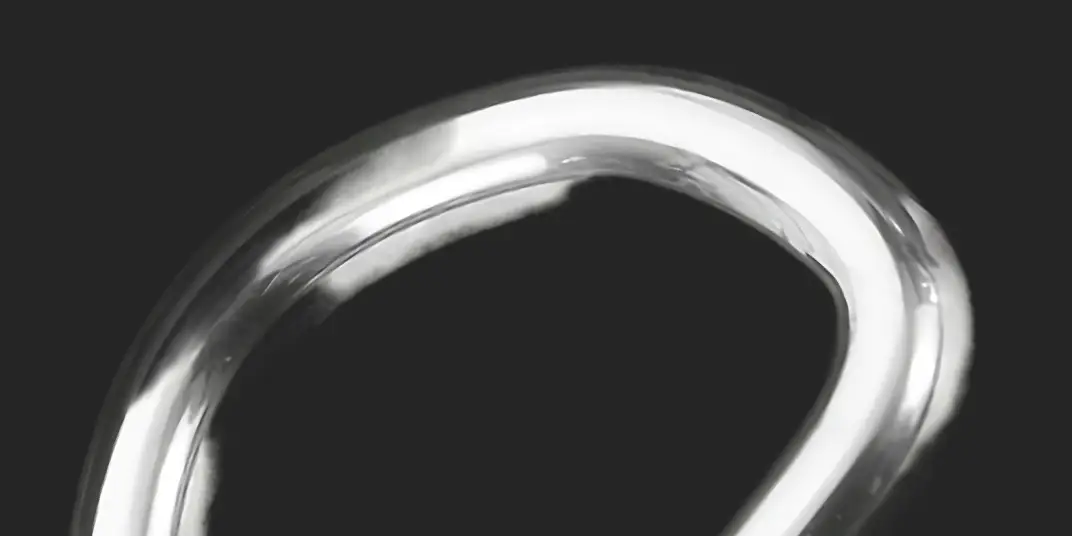
Tumbling smooths and polishes small parts by friction and abrasion in a barrel, offering a consistent but slightly textured finish.

Electropolish is a chemical process that smooths and brightens surfaces while improving corrosion resistance.
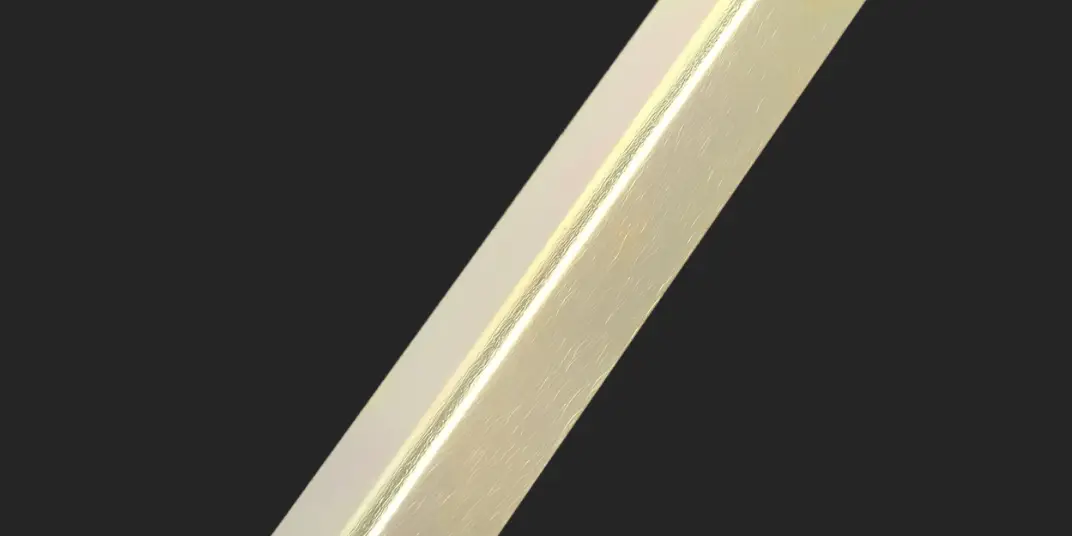
Alodine coating provides corrosion protection and improves paint adhesion, mainly used on aluminum surfaces.

Heat treatment alters the mechanical properties of metal to increase its hardness, strength, or ductility.

A brushed finish creates a unidirectional satin texture, reducing the visibility of marks and scratches on the surface.
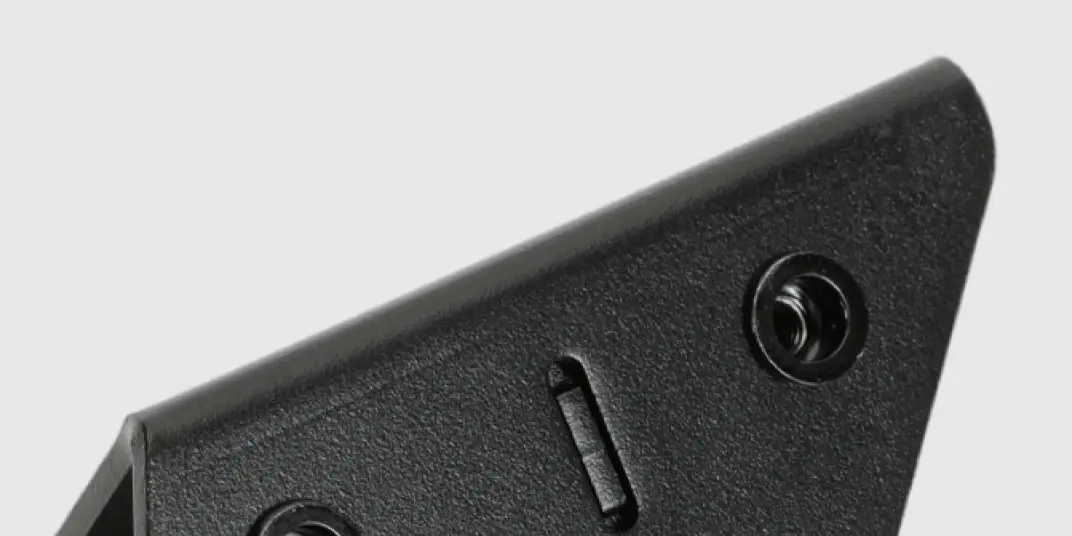
Powder coating applies a thick, wear-resistant layer with excellent color and texture options, suitable for a variety of surfaces.
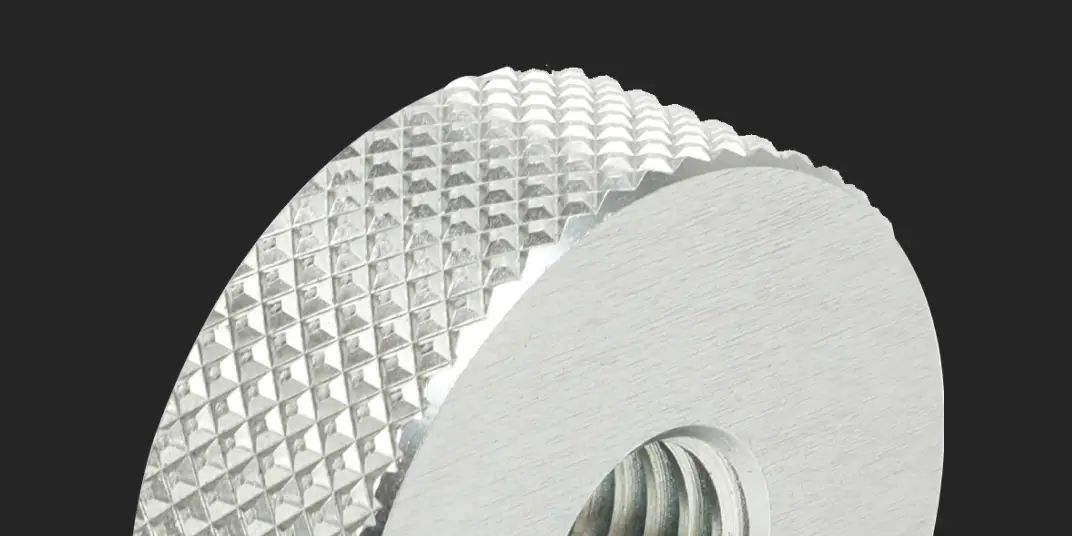
Electroplating bonds a thin metal layer onto parts, improving wear resistance, corrosion resistance, and surface conductivity.

Black oxidize is a conversion coating for ferrous metals that improves corrosion resistance and minimizes light reflection.
± .00787”
0.2mm
±0.010″
0.254mm
Need sheet metal parts fast? RapidDirect offers an easy-to-use online quoting system that allows you to configure specifications, select materials, and choose finishing options with just a few clicks. Access our custom online sheet metal services from anywhere in the world—submit your designs and place orders 24/7 without ever needing to visit a manufacturing facility. This streamlined process ensures that you can get quick, efficient, and precise production of your parts, exactly when you need them. Visit our platform today and see how easy it is to get started with your next project.
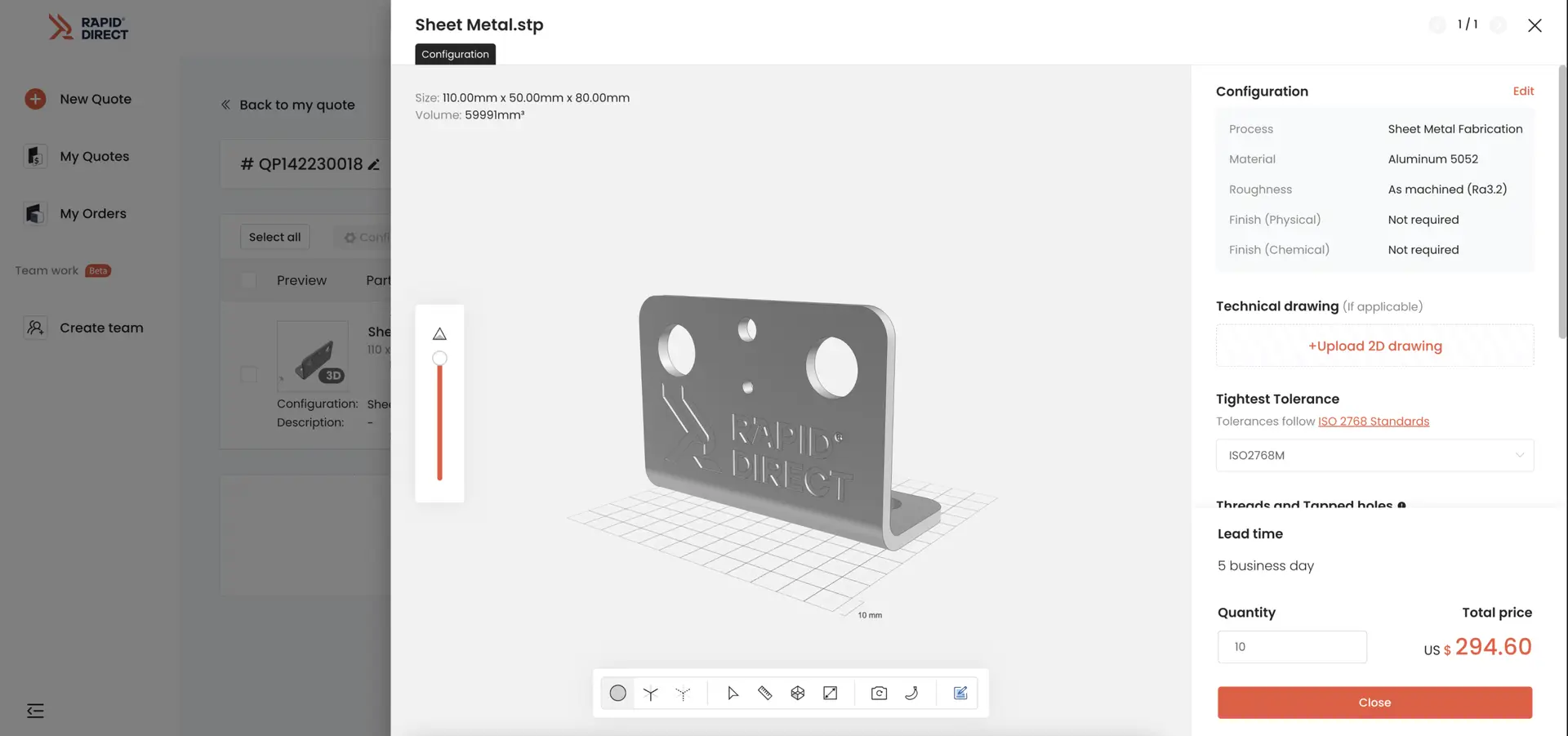

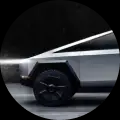




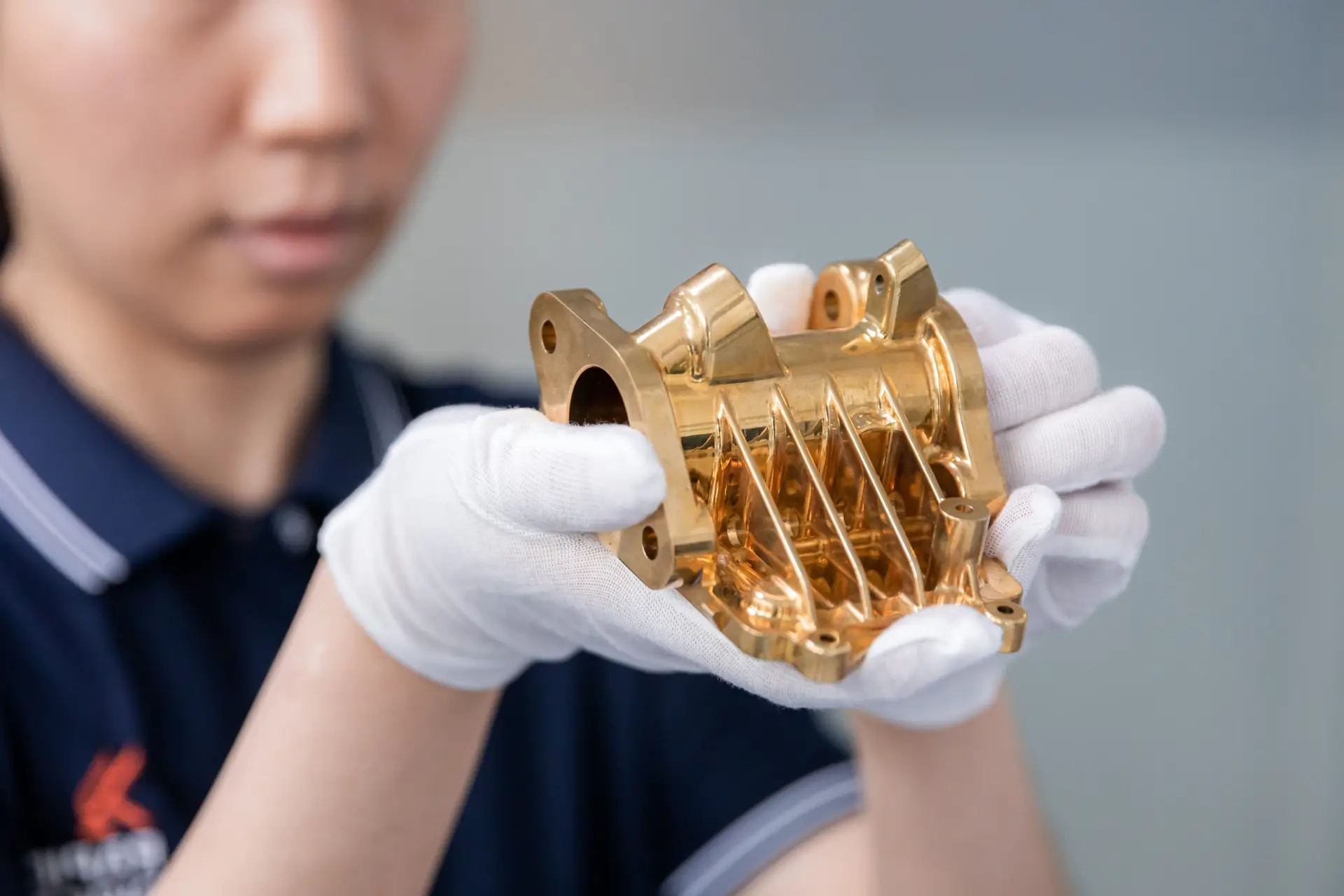
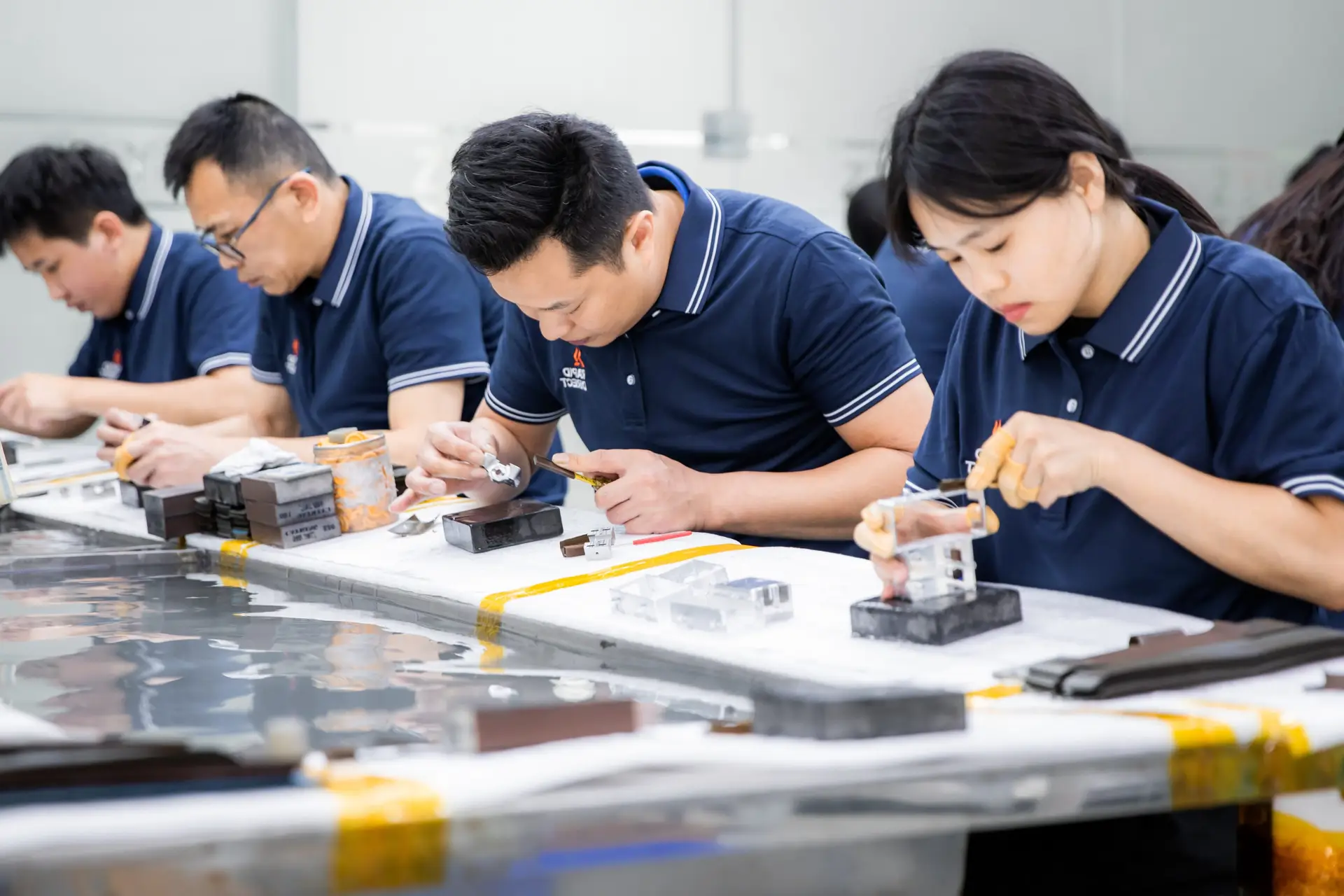
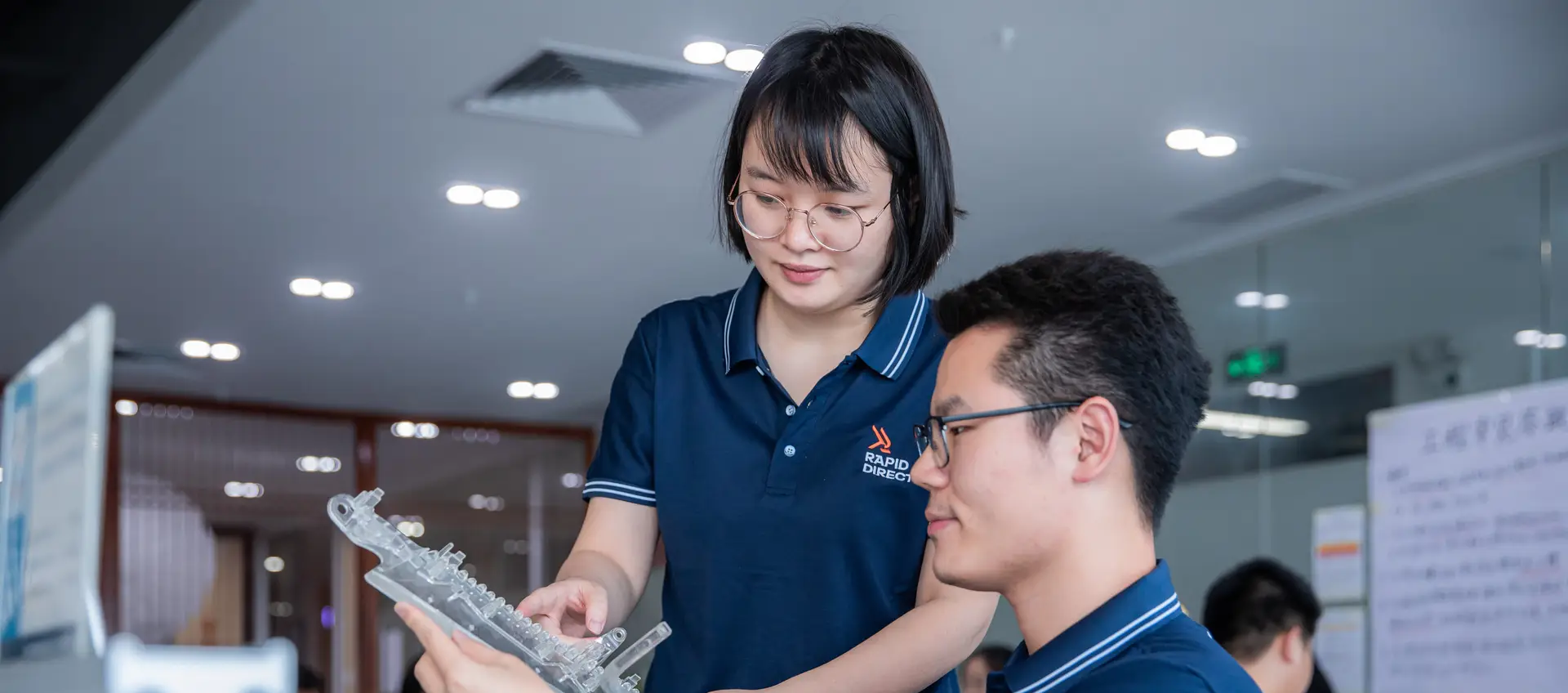
Sheet metal fabrication offers numerous advantages that make it essential for diverse industries:
Sheet metal fabrication enables the creation of a diverse range of parts and components, each tailored to meet specific functional and aesthetic needs:
Starting a sheet metal project is straightforward and efficient with RapidDirect. First, prepare a detailed design of your part or component. If you’re unsure about the specifications, our team of experienced engineers is ready to assist you in optimizing your design for fabrication.
Next, upload your design files directly to our online quoting system. Here, you can easily configure part specifications such as material selection, thickness, and finishing options. Once submitted, you will receive a customized quote based on your project’s requirements.
After you approve the quote, we’ll begin the fabrication process. Our advanced machinery and skilled technicians ensure precision and quality. You’ll be updated throughout the process, from manufacturing to the final delivery of your parts.
The lead time for receiving your custom sheet metal parts depends on several factors including the complexity of the parts, the quantity ordered, and the specific fabrication processes required. For simple parts, we can often deliver within as little as 3 days from the time your order is placed and the design is confirmed.
For more complex assemblies or larger volumes, the production time will be extended accordingly. Once you submit your design through our online quoting system, we provide an estimated delivery timeline along with your quote. This estimate takes into account the current workload in our fabrication facilities and the specific requirements of your project.
We strive to minimize turnaround time without compromising on quality, ensuring you receive your parts as quickly as possible while maintaining the highest standards of fabrication.
The cost of sheet metal fabrication varies widely based on several factors including the complexity of the parts, the type of material used, the quantity of parts, and the specific fabrication processes required. For straightforward, simple parts, the cost can be quite competitive, especially when leveraging our efficient production techniques and advanced machinery.
To get a specific cost estimate, we encourage you to use our easy-to-use online quoting system. Here, you can upload your design files, select materials, specify quantities, and choose finishing options. Our system will provide you with a detailed quote reflecting the precise cost of your project.
For larger or more complex orders, costs will adjust based on additional processing and labor required. Our goal is always to offer the best value, combining cost-effectiveness with high-quality results.
At RapidDirect, we support projects of all sizes. We accommodate both small and large production runs, offering our services for everything from a single prototype to mass production. Importantly, we do not enforce a strict minimum order quantity. This flexibility allows customers, whether startups or large corporations, to leverage our sheet metal fabrication services tailored to their specific needs and scales.
The K factor in sheet metal fabrication is a crucial value that influences the accuracy of bend allowances when calculating the flat length of a sheet before bending. Essentially, the K factor represents the ratio of the neutral axis’ location to the material thickness. During bending, the inner surface of the metal compresses while the outer surface stretches, but the neutral axis remains unstressed.
Determining the correct K factor is vital because it directly affects how much the sheet metal will stretch during bending. Typically, the K factor value ranges between 0.3 and 0.5, depending on the material and the type of bending being performed. Accurately calculating this factor ensures that the bent sheet metal parts fit precisely as designed, maintaining dimensional integrity and functionality.
The primary difference between sheet metal and plate metal lies in their thickness and applications. Sheet metal is typically defined as metal formed into thin and flat pieces that range in thickness from about 0.006 inches to 0.25 inches. Due to its malleability, sheet metal is commonly used in applications requiring precise bending and shaping such as automotive bodies, aircraft panels, and household appliances.
On the other hand, plate metal is thicker, generally starting from 0.25 inches and going up to several inches. Plate metal is used in applications where durability and robustness are more critical, such as in constructing buildings, bridges, and heavy machinery. The thicker nature of plate metal makes it ideal for structural applications where high strength and resistance to deformation are necessary.
Upload your design files for a quick quote, accurate delivery time, and free DFM analysis.


Please attach your 2D CAD drawings and 3D CAD models in any format (including STEP, IGES, DWG, PDF, STL, etc.). If you have multiple files, compress them into a ZIP or RAR. Alternatively, send your RFQ via email to jon@zkptc.com (We protect your intellectual property as fiercely as we earn your trust)
Copyright © 2024 ZKPTC